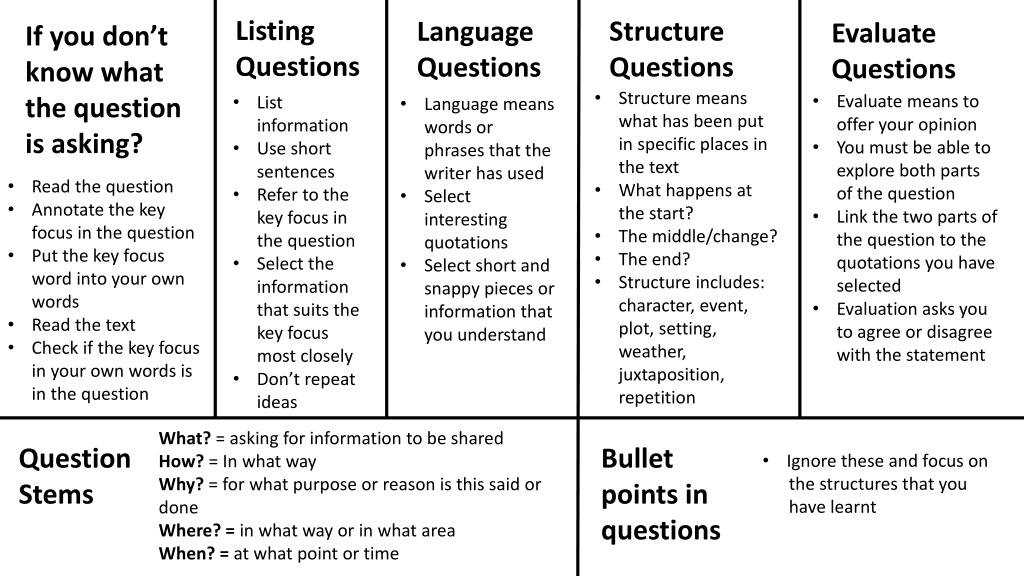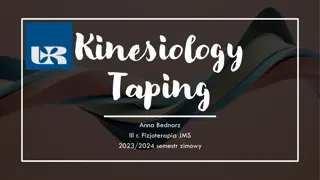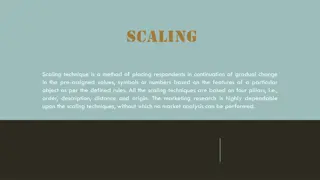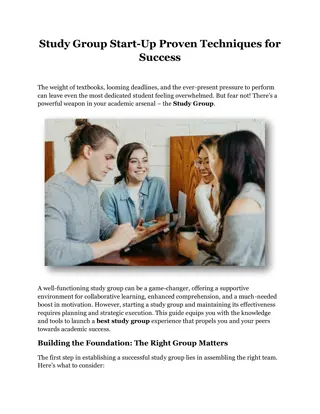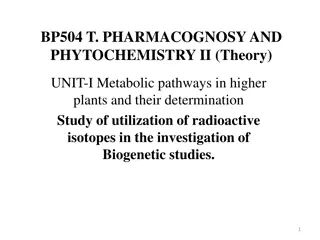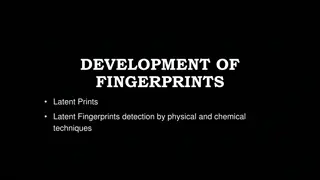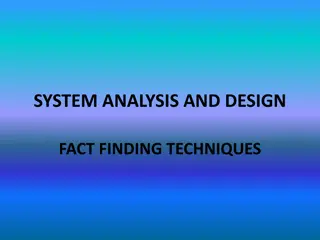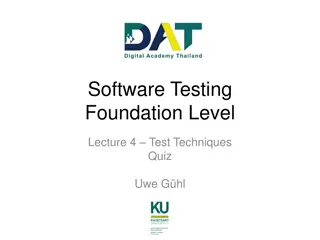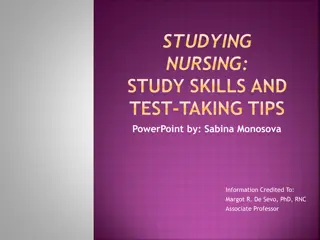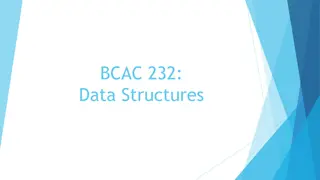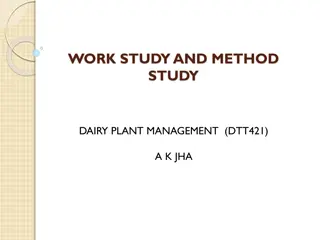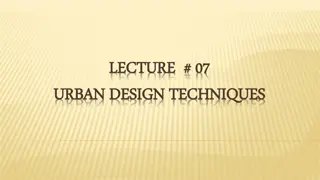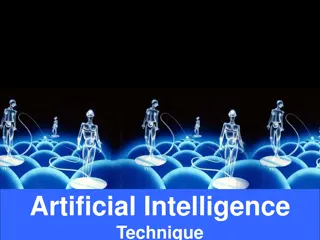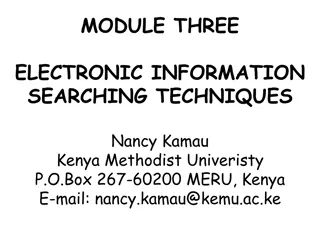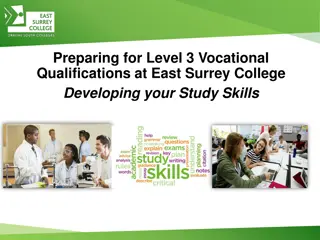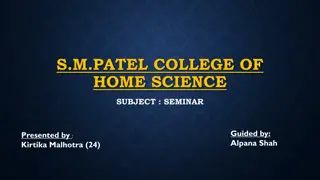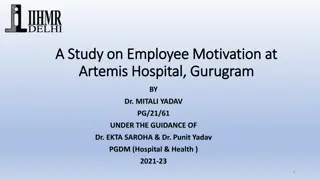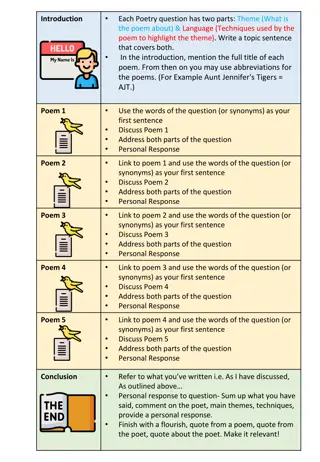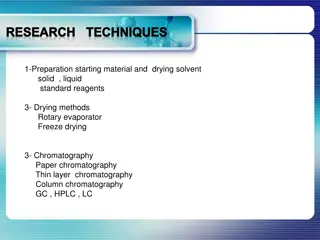Enhancing Study Techniques
Master techniques for analyzing literature effectively, including listing questions, structure evaluation, and language analysis. Learn how to identify key focuses, select relevant information, and provide concise responses. Explore examples to improve comprehension and critical thinking skills.
Download Presentation

Please find below an Image/Link to download the presentation.
The content on the website is provided AS IS for your information and personal use only. It may not be sold, licensed, or shared on other websites without obtaining consent from the author. Download presentation by click this link. If you encounter any issues during the download, it is possible that the publisher has removed the file from their server.
E N D
Presentation Transcript
Listing Questions List information Use short sentences Refer to the key focus in the question Select the information that suits the key focus most closely Don t repeat ideas Structure Questions Structure means what has been put in specific places in the text What happens at the start? The middle/change? The end? Structure includes: character, event, plot, setting, weather, juxtaposition, repetition Language Questions Evaluate Questions Evaluate means to offer your opinion You must be able to explore both parts of the question Link the two parts of the question to the quotations you have selected Evaluation asks you to agree or disagree with the statement If you don t know what the question is asking? Language means words or phrases that the writer has used Select interesting quotations Select short and snappy pieces or information that you understand Read the question Annotate the key focus in the question Put the key focus word into your own words Read the text Check if the key focus in your own words is in the question What? = asking for information to be shared How? = In what way Why? = for what purpose or reason is this said or done Where? = in what way or in what area When? = at what point or time Question Stems Bullet points in questions the structures that you have learnt Ignore these and focus on
Listing Question Example Select information from the text Use a bullet point list to write this Use simple sentences to do this what the key focus in the question is asking Make sure you show you understand List four things you learn about the _____________. List four things you learn about the _____________. The key focus in the question Tells you what you are looking for in the text This will change for every extract This gives you a clue about what the writer is focusing on at the start of the extract (a structure question clue) Choose four different ideas Avoid repeating the four ideas
Language Question Example Use words Use phrases Select short snappy quotations Select words or phrases that create an impression Select words or phrases that you understand In what way? How does the writer use language to describe the_______ How does the writer use language to describe the_______? ? Provide information about the key focus The person who wrote the text The key focus in the question Tells you what you are looking for in the text This will change for every extract This gives you a clue about what the writer is focusing on at the start of the extract (a structure question clue)
Structure Question Example Put events in an order or use a narrative structure or voice Introduce a character or setting or detail to the reader Create a tone/mood or atmosphere Indicate a change Show what happens at the start middle end of the extract In what way? How does the writer structure the text to interest the reader How does the writer structure the text to interest the reader The person who wrote the text On you The person reading the text Create an effect Make you think or feel something
Evaluate Question Example The first idea to agree or disagree with The first idea to link to the quotations you select Background information to set up the statement The statement A student said The arrival of the visitors seems exciting and A student said The arrival of the visitors seems exciting and unusual for the villagers, but the writer makes us think that unusual for the villagers, but the writer makes us think that something strange is going to happen To what extent do you something strange is going to happen To what extent do you agree? agree? The second idea to agree or disagree with The second idea to link to the quotations you select How far do you Use adverbs completely/slightly/mostly to show the extent of your agreement Decide your opinion Agree or disagree Decide why you think this
